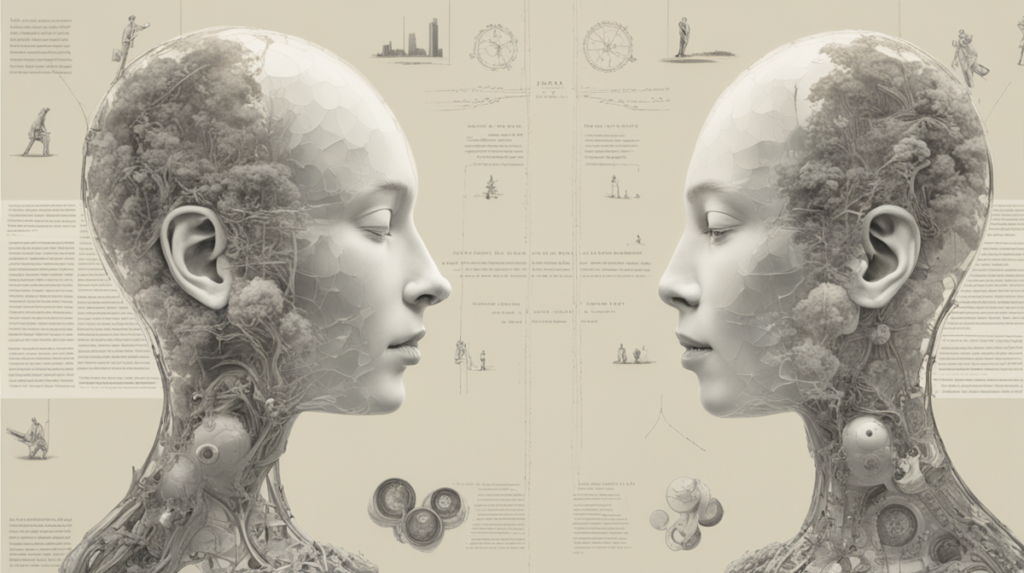Science influences our lives in seemingly invisible ways. Even in our daily routines – from toggling a light switch to checking emails on our phones, we experience first-hand the marvels of science. The impressions of science are not limited to our technological interactions, but they avail their profound impact on our health and wellness too.
The Impact of Science in Health and Wellness
Healthcare has dramatically transformed over the centuries, thanks to scientific breakthroughs. From the discovery of antibiotics and vaccines to the development of non-invasive surgeries and cutting-edge diagnostic technologies, it’s clear that science deeply impacts health outcomes.
Scientific progresses, like the sequencing of the human genome, have led to personalized medicine, empowering healthcare providers to tailor treatment to individual genetic makeup. Moreover, the advent of telemedicine has paved the way for accessibility in healthcare, enabling those residing in remote regions to consult doctors virtually.
Understanding Nutrition Better with Science
Science has also revolutionized our knowledge of nutrition. We now understand that a balanced diet, adequate hydration, and regular physical exercise, all play crucial roles in our wellbeing. They directly influence factors such as body weight, energy levels, immunity, mood, and even susceptibility to chronic diseases like diabetes and cardiovascular disorders.
Vaccines – A Testament to Scientific Progress
Arguably one of the most significant scientific advancements in health is the development of vaccines. Vaccines have radically reduced the burden of infectious diseases like polio, measles or more recently, COVID-19. Their conceptualization and development are perfect exemplifications of science’s pivotal role in global health betterment.
Controversies and Debates
Despite its contributions, science has sparked debates and controversies, especially in the realm of healthcare. Genetic modification, stem-cell research, animal experimentations, and end-of-life choices are just a few examples where ethical questions arise, revealing the delicate balance between scientific advancement and moral consciousness.
The ongoing vaccine debates represent a paradox in public health – despite their proven effectiveness in controlling disease spread, misconceptions and fears have led to vaccine hesitancy, a notable roadblock in achieving herd immunity during the present COVID-19 pandemic.
One must remember, however, that science is a tool – it is inherently neutral. Its impact, positive or negative, relies on us, the users. Therefore, we must continue to navigate its advancements responsibly, consistently questioning and refining our knowledge for better healthcare outcomes.
A Practical Look Of Impact of Science in Everyday Life
Science not only equips us with knowledge and understanding but also directly influences our lifestyle practices for improved health. Implementing the principles of balanced diet, adequate hydration, and regular exercise can lead to measurable improvements in your health.
Scientific literacy can empower people to make informed decisions about their health – be it understanding the importance of vaccination or taking advantage of telemedicine facilities. So, let’s strive to understand and appreciate the science that’s quietly shaping our lives each day.

